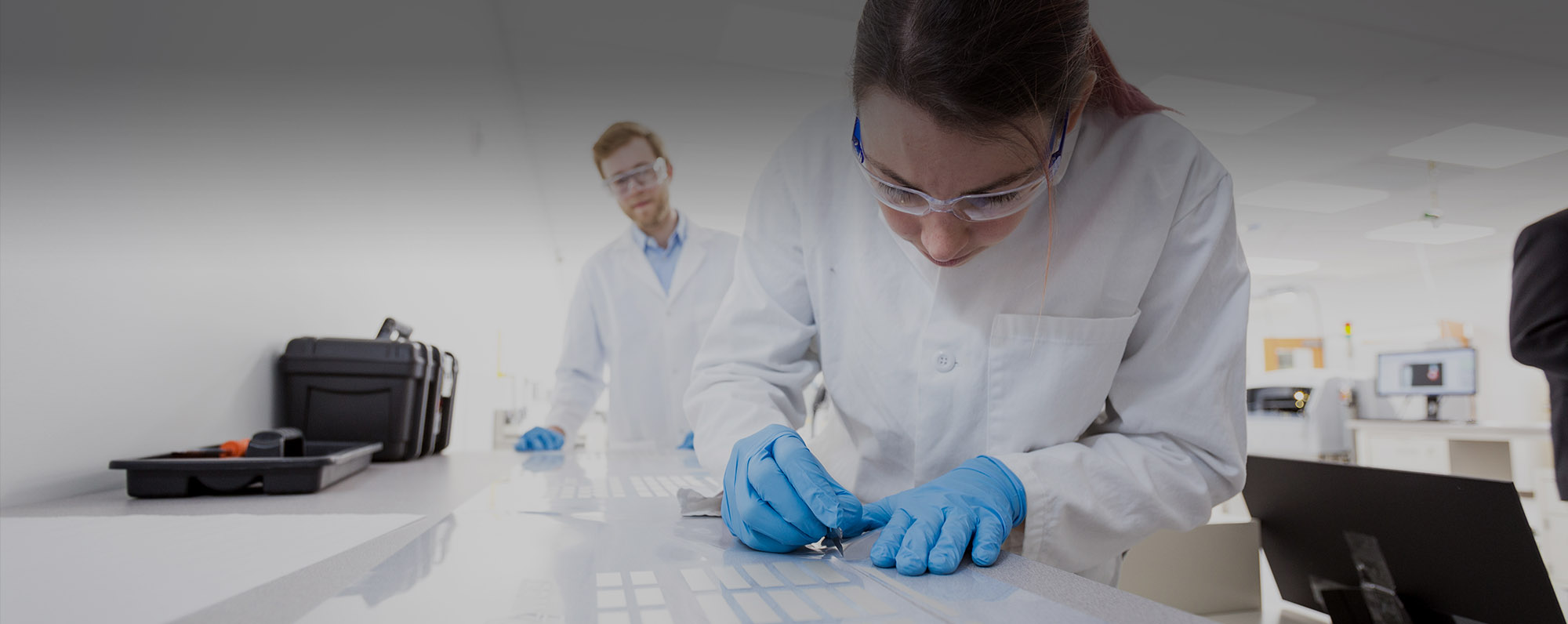Samson A. Jenekhe’s pioneering polymer work paved the way for commercial OLEDs
...
February 22, 2021
Sharing clean energy science and engineering with Washington community colleges
...
February 18, 2020

...
...